David Shakespeare, a University of Massachusetts alumnus, is reaching out to citizens in a nationwide campaign distinctively titled: “Shakespeare Needs a Kidney”.
Throughout adulthood, Shakespeare has been living with Polycystic Kidney Disease (PKD), a genetic illness that claimed the lives of both his mother and brother. Now living in Melrose, the 54 year old recently launched a website, shakespeareneedsakidney.com, in search of a living donor who could save his life.

Shakespeare graduated from UMass in 1954 with a Bachelor of Science in Environmental Science,. It was during his studies at UMass that Shakespeare was first diagnosed with PKD.
“I remember going to the Health Center for some basic ailment when I was 21,” he said. “They gave me a blood test and discovered I had very high blood pressure and linked it to my family’s history with this disease.”
PKD affects roughly 600,000 people in the United States, and results in kidney failure for about 50 percent of patients. “Polycystic,” meaning multiple cysts, refers to the growths that develop on the kidneys that cause them to become enlarged. This leads to a disruption of the kidney’s functioning abilities as well those of other surrounding organs, which become crowded from the enlargement.
Patients with PKD rarely experience any symptoms in the beginning of this five-stage disease, but as the cysts progress they may begin to experience pain and discomfort due to the increased size and weight of the kidneys. While there is currently no medical cure for the disease, nephrologists may put patients on medications to regulate blood pressure and perform periodic tests to monitor the state of the kidneys as they attempt to slow the disease’s progression.
With his kidney function now at about 17 percent, Shakespeare is in the fourth stage of PKD and could be in the fifth in a matter of months.
“I’m often tired and I’ve been feeling nauseous a lot,” he said.
If his kidney function continues to decrease Shakespeare may have to begin dialysis, a risky clinical procedure that is likely to complicate a future transplant.
The current waiting list for a deceased kidney donor in New England is about five years long, and the kidney would last half as long as one from a living donor.
Shakespeare strives to make the procedure as clear and convenient as possible for anyone who wishes to volunteer; a visitor on his website can find the number for the Massachusetts General Hospital Donor Coordinator for information on being evaluated to see if he or she is a suitable match. Anyone between 18-65 years of age can be a donor. The date of surgery may be scheduled at the volunteer’s convenience, and Shakespeare’s insurance will cover all medical costs. He and his team are also currently fundraising for any extra expenses such as transportation and utility bills. Anyone who would like to donate to this fund can find the link on his website.
The people of Melrose have been adamant to help the cause of their fellow citizen, who has made significant efforts to improve the community over the years. In 1981, he founded an organization for nuclear disarmament called the UMass Peacemakers. One year later he was invited to testify before the House Appropriations Defense Subcommittee in favor of a nuclear freeze between the United States and the Soviet Union. Shakespeare is also a co-founder of the Melrose Energy Commission, a volunteer based organization established in 2005 that has helped the city reduce utility bills by saving energy and promoting renewable resources.
With so much recent publicity, Shakespeare is optimistic that he will soon be able to return to the active life he loves. He wishes to continue his work with the community as well as to promote awareness and fundraising for diseases like PKD.
In only a few months, thousands have heard his story; it is just a matter of getting the message to that one compatible volunteer in the mix.
“’Like’ our page on Facebook, tweet about it, or talk to your friends,” Shakespeare said. “The key thing is just to get the word out.”
Kate Leddy can be reached at [email protected].







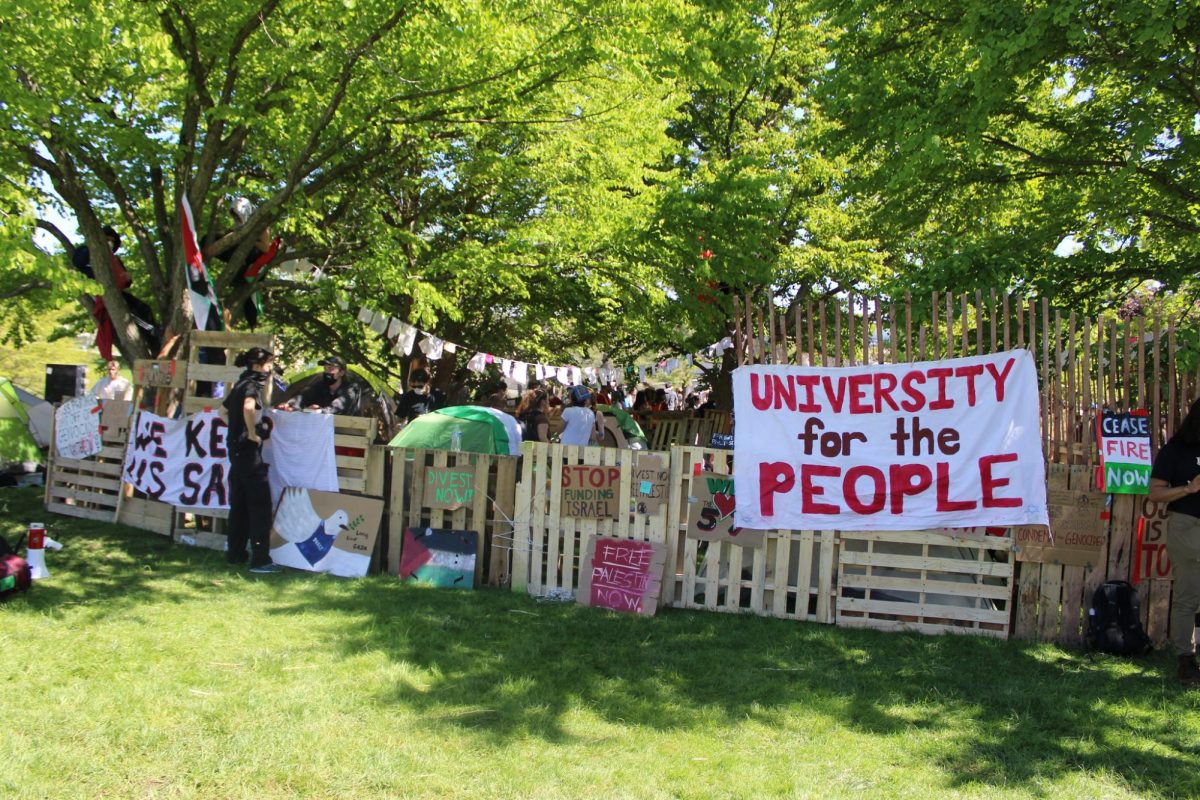
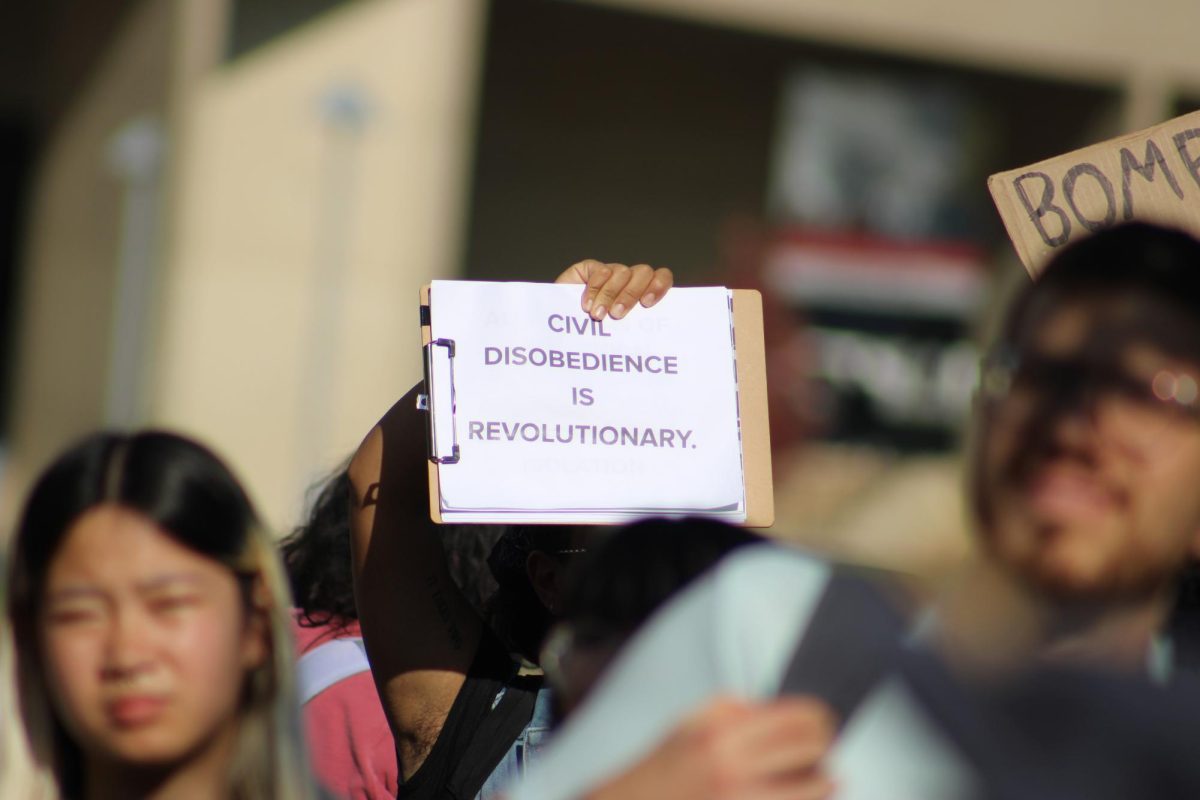
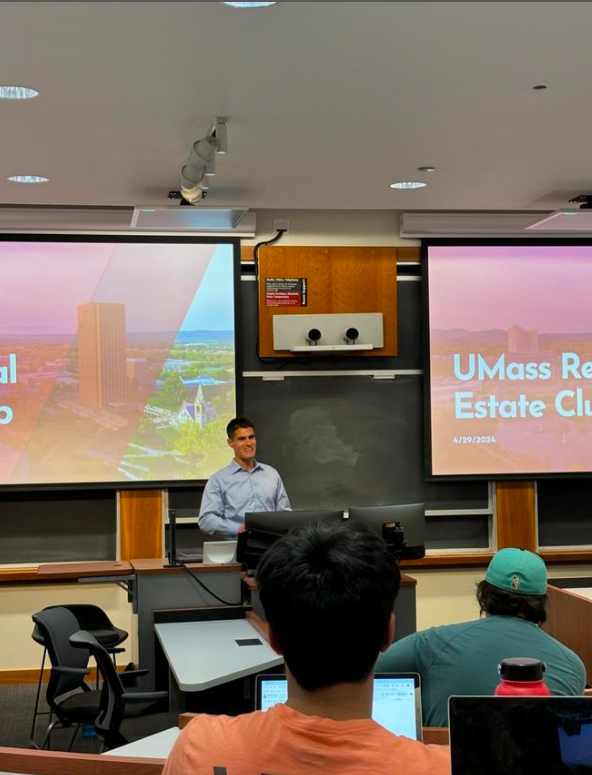
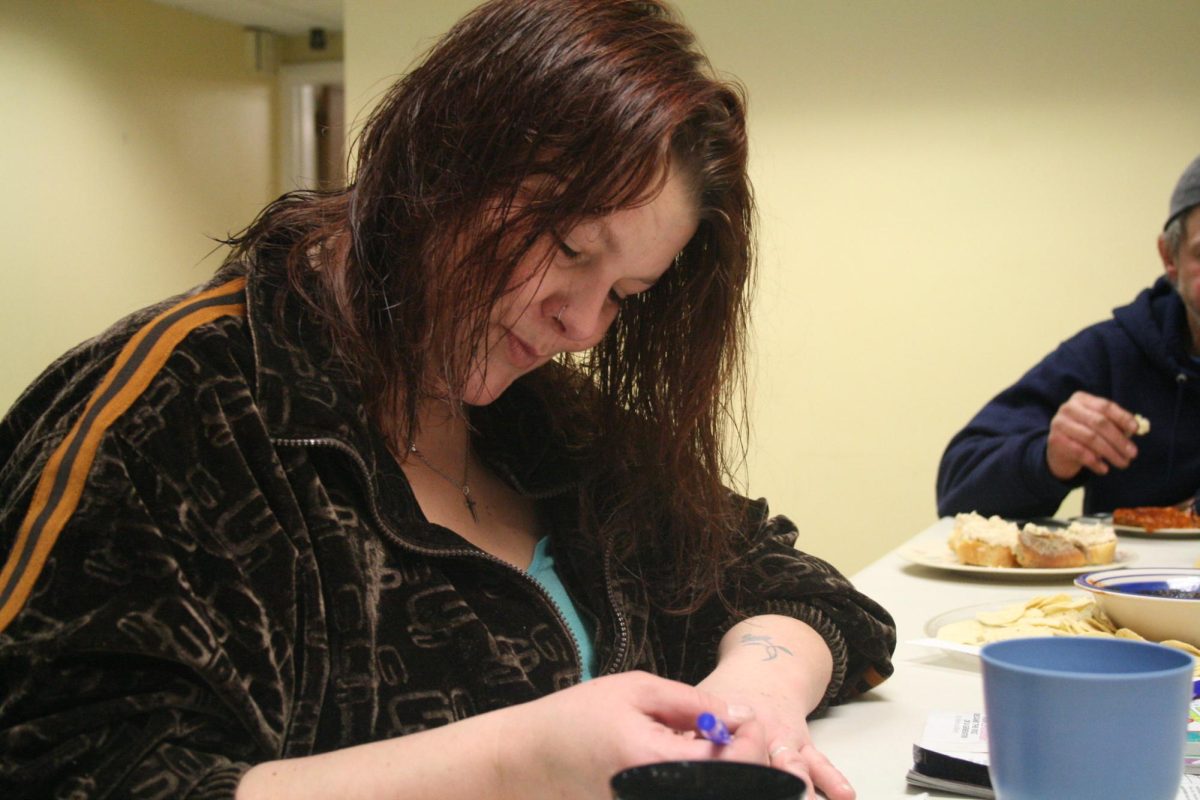
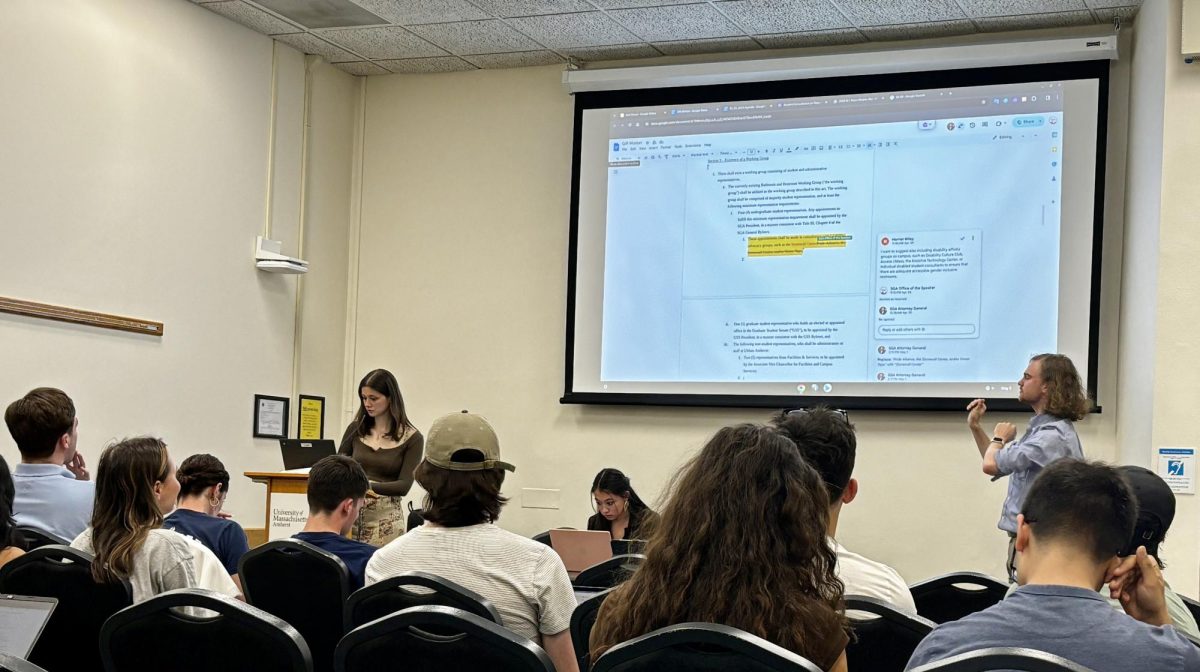

David Shakespeare • Sep 24, 2013 at 10:25 am
Great article.
Just a reminder that my website is http://www.ShakespeareNeedsAKidney.com and my Facebook page is https://www.facebook.com/ShakespeareNeedsAKidney
Thanks!